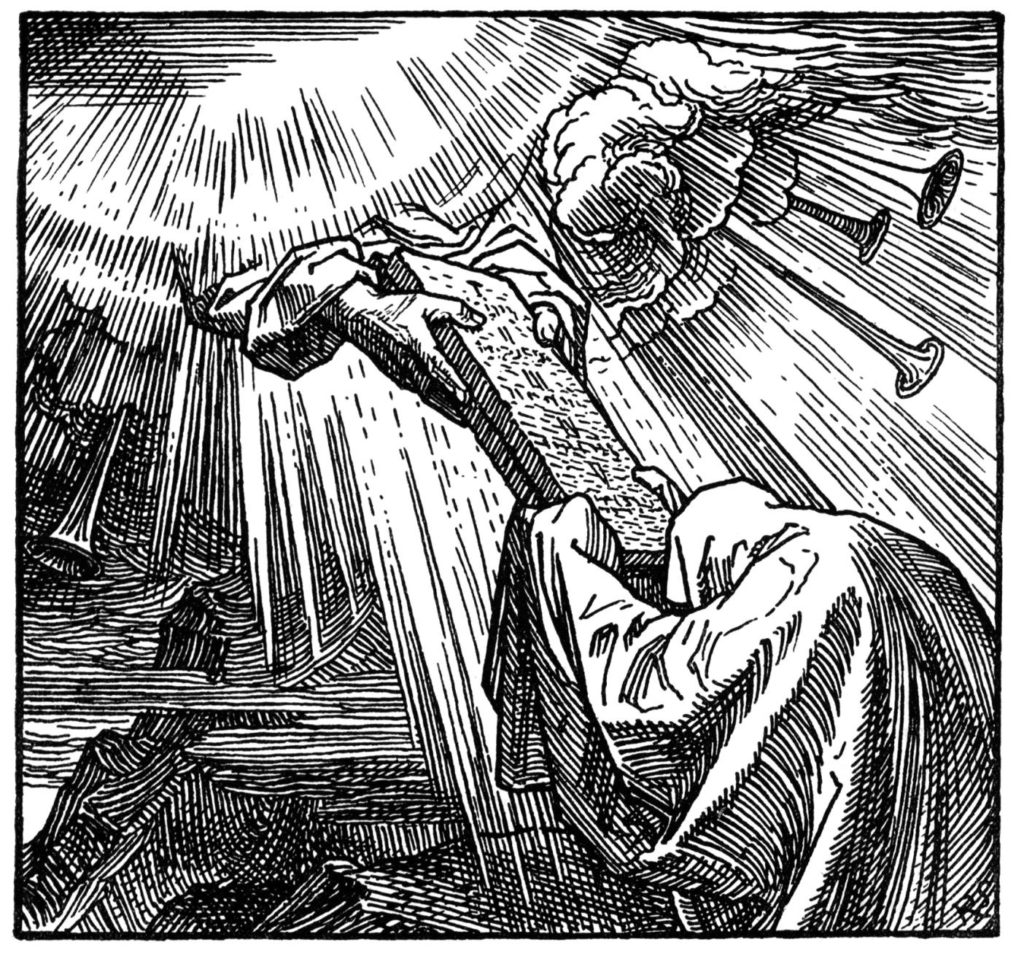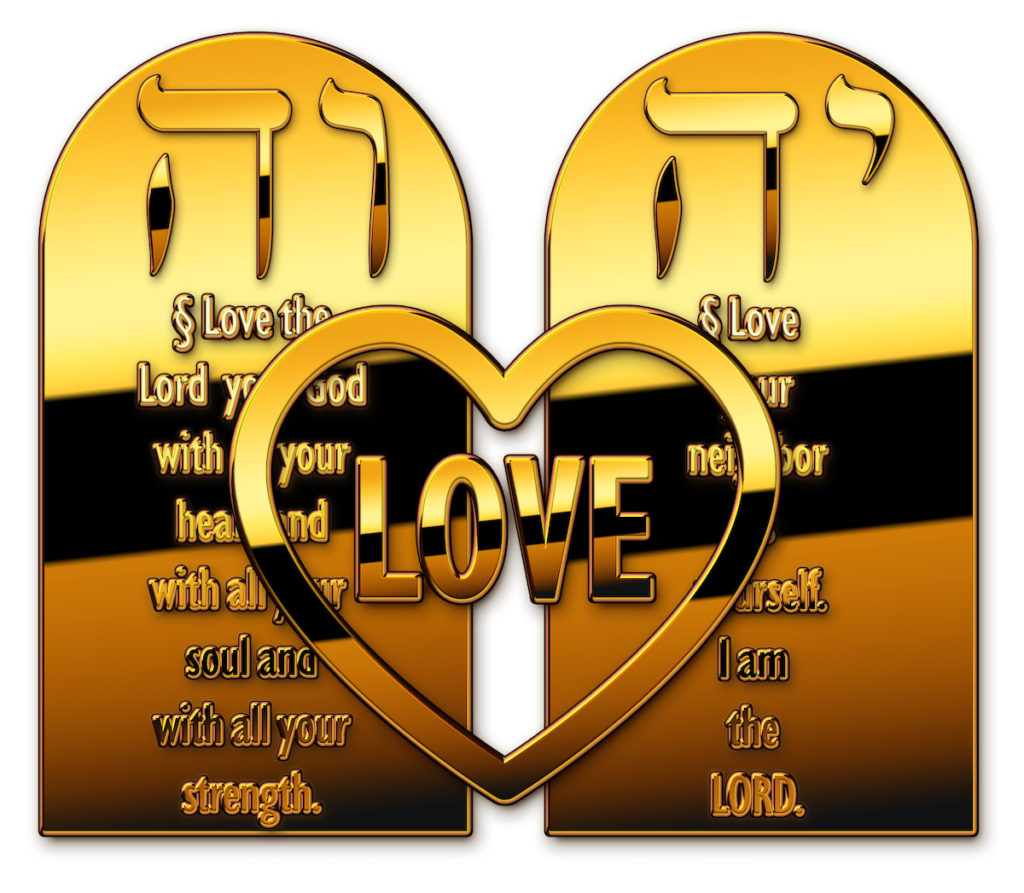
Exodus 20—An Overview of the Ten Statements (or Commandments
The Ten Statements or The Ten Commandments by which they are more commonly known are but the mighty cornerstone of the 613 commandments of the Torah. From these ten statements, all the biblical commands, both in the Old Testament or Tanakh and the New Testament or Testimony of Yeshua emanate.
The Jewish sages teach that all 613 are implied in the Ten; or that the Ten can be expanded into 613. The Tanakh (Old Testament) and Jewish writings contain a number of phrases that express the quintessential essence of the Torah. One of these best-known passages naming several of these phrases is in the Jewish Talmud: “[R.] Simlai said, ‘613 commandments were given to Moses—365 negative mitzvot (commandments), the same as the number of days in the year, and 248 positive mitzvot, the same as the number of parts in a man’s body. David came and reduced them to eleven (Ps 15), Isaiah to six (Isa 33:15), Micah to three (Mic 6:8), Isaiah again to two—“Observe and do righteousness” (Isa 56:1). Then Amos came and reduced them to one, “Seek me and you shall live” (Amos 5:4)—as did Habakkuk, “The righteous one will attain life by his trusting [or by faith] faithfulness (Hab 2:4)”’ (Makkot 23b–24a, abridged, from the Jewish New Testament Commentary, by David Stern, p. 565).
We see some of these same Torah summation-type statements in the Testimony of Yeshua. For example, the phrase, “the just shall live by faith” is found in three passages of the Testimony of Yeshua (Rom 1:17; Gal 3:11; Heb 10:38); In Leviticus 19:18, we find the phrase, “you shall love your neighbor as yourself,” which is the summation of the last five of the famous Ten Commandments. This in itself is a summation of all of the 613 Torah commandments that relate to human relationships, which we see in Yeshua’s famous “Golden Rule” passage of Matthew 7:12, “Therefore all things whatsoever you would that men should do to you, do you even so to them, for this is the law and the prophets.” Paul echoes this concept in Romans 13:8, “Love does not do harm to a neighbor; therefore love is the fullness of the Torah.” Love is the foundation and quintessential concept behind the Torah-law of Elohim. Yeshua states this in Mark 12:29–31,
“And Yeshua answered him, ‘The first of all the [Torah] commandments is, Hear, O Israel; YHVH our Elohim is one Master: And you shall love YHVH your Elohim with all your heart, and with all your soul, and with all your mind, and with all your strength. This is the first commandment. And the second is like, namely this, you shall love your neighbor as yourself. There is none other commandment greater than these.’”

Love must be the motive behind all our righteous deeds or else our actions count for nothing (1 Cor 13:1–13). The concept of love and the keeping of YHVH’s Torah-law are codependent actions. One cannot exist without the other. John, in his epistle, discusses this idea at length in 1 John 2:7–11; 3:11–24; 4:7–21 where he states that “Elohim is love” (1 John 4:8, 16), and that one’s love of Elohim and man is linked to obedience to the Torah commandments (1 John 2:3–11; 3:11–18). As YHVH first loved us, we should love our fellow man (1 John 4:7–11), in word, deed and in (Torah) truth (1 John 3:18). This relates to Yeshua’s admonition to his disciples in John 14:15, “If you love me, keep my Torah-commandments.”
Lest one recoil at the thought of having to keep 613 commandments of the Torah please be advised of the fact that there are approximately 1050 commandments in the Testimony of Yeshua!


I love this sermon and biblical lecture.
And the opposite is lawlessness, wickedness, anarchy, rebellion and ha- satan!
Take 2 tablets and call Me in the morning!
If one thinks these are too many laws to keep, check out our country’s system of law. Books that can fill a library and confusion reigns.
Sonja
Elohim’s numerics are perfect, 6+1+3 equals 10.
And 10 is the Majestic One.
Shalom, John